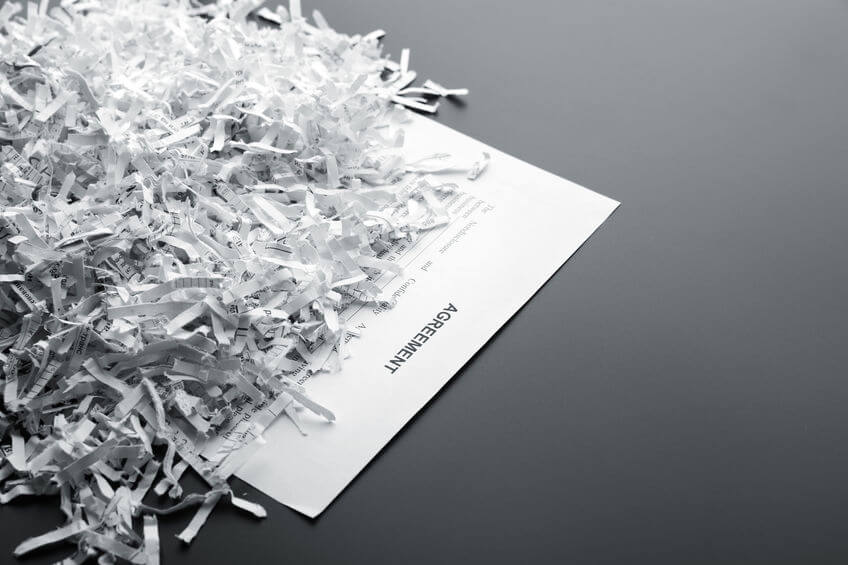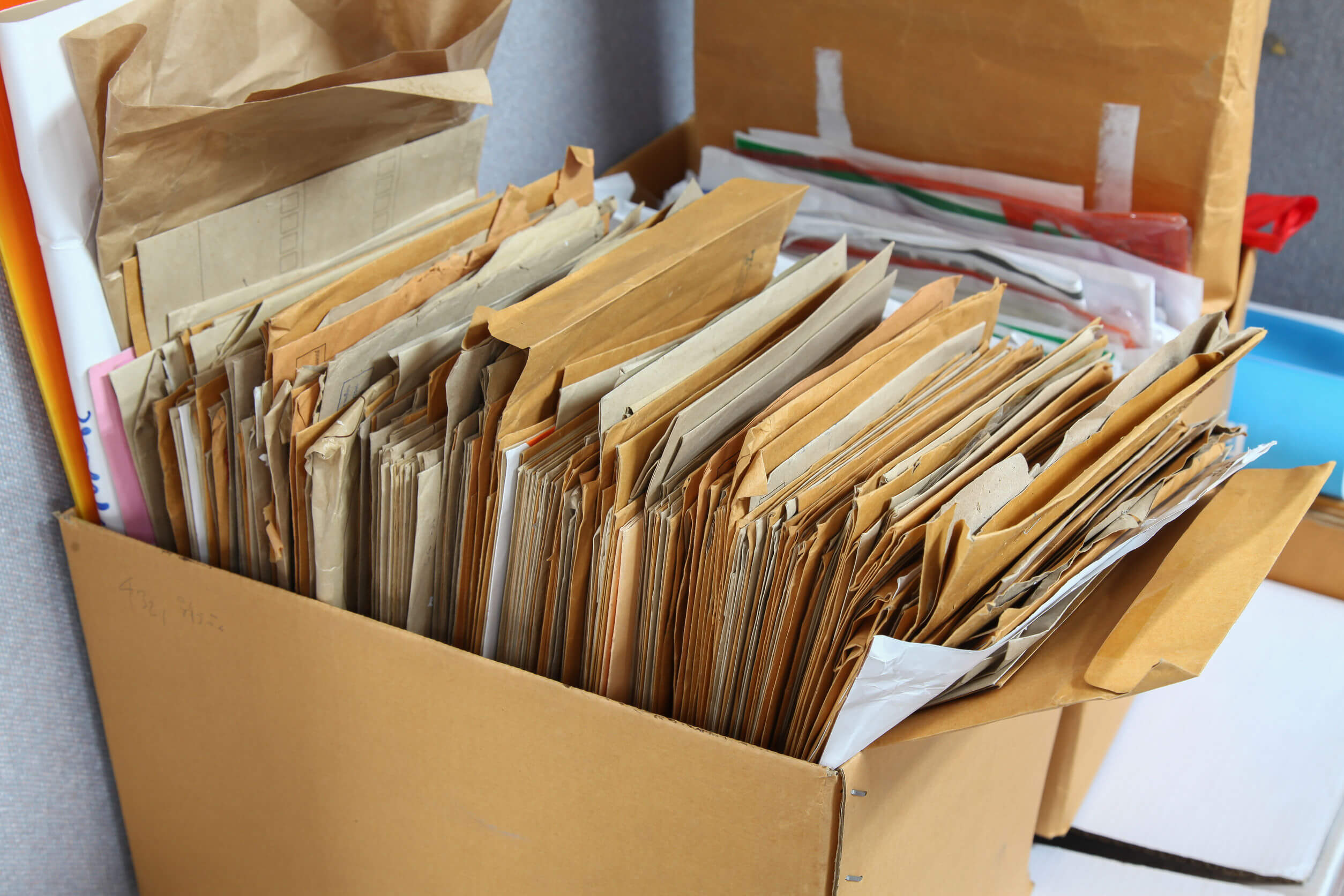Depending on your industry, you may need to comply with a number of laws, including:
- The GLBA, or Gramm-Leach-Bliley Act, which requires financial institutions and government agencies to protect secure, financial information from any unauthorized access.
- The FACTA or Fair and Accurate Credit Transaction Act, which dictates the way financial institutions handle customer information and documents.
- The SOX or Sarbanes-Oxley Act, which outlines auditing controls designed to safeguard the accuracy of corporate financial information.
- HIPAA or The Health Insurance Portability and Accountability Act, which is familiar to many Americans. It outlines the way healthcare groups and organizations handle protected patient information, including how it is shared.
Included in each of these laws, and under many others, is information and regulations pertaining to how physical documents and electronic storage devices that contain confidential information are both stored and destroyed.
The Proper Disposal of Information Matters Now More Than Ever
Properly shredding and destroying information is just as important as securely storing it. This prevents documents from falling into the wrong hands, prevents your organization from breaches, and ensures you can operate at optimal levels while maintaining customer trust. It also keeps you in compliance with the laws listed above and others that might pertain to your business, preventing fines and legal action when standards are not met.
If you’re unsure of which laws dictate the way you handle private information, we recommend talking with your attorney before moving forward.
But, In the Meantime…
While you become more familiar with regulations that pertain to your organization, you can take proactive steps to be more intentional in how you handle document destruction and shredding.
When searching for a shredding service, consider the following questions:
- Does the facility at which your documents will be shredded record access via key cards and video surveillance?
- Can your shredding service provide certificates of destruction or videos of your documents being destroyed?
- Is a mobile shredding service available to shred documents at your location?
- Can the service handle the disposing of hard drives, flash drives, mobile phones, RAM or ROM-based storage and other devices?
If a shredding service cannot ensure the secure shredding and destruction of your documents and devices, you could be held legally liable or considered out of compliance with applicable privacy laws. This could come with hefty fines and other disciplinary actions.
Don’t take chances. Protect your clients and customers, as well as your business, by working with a shredding service that takes security seriously. Learn more, today.
Not ready to shred but need secure offsite storage? We can help with that too!
Revised on 1/16/2023.










